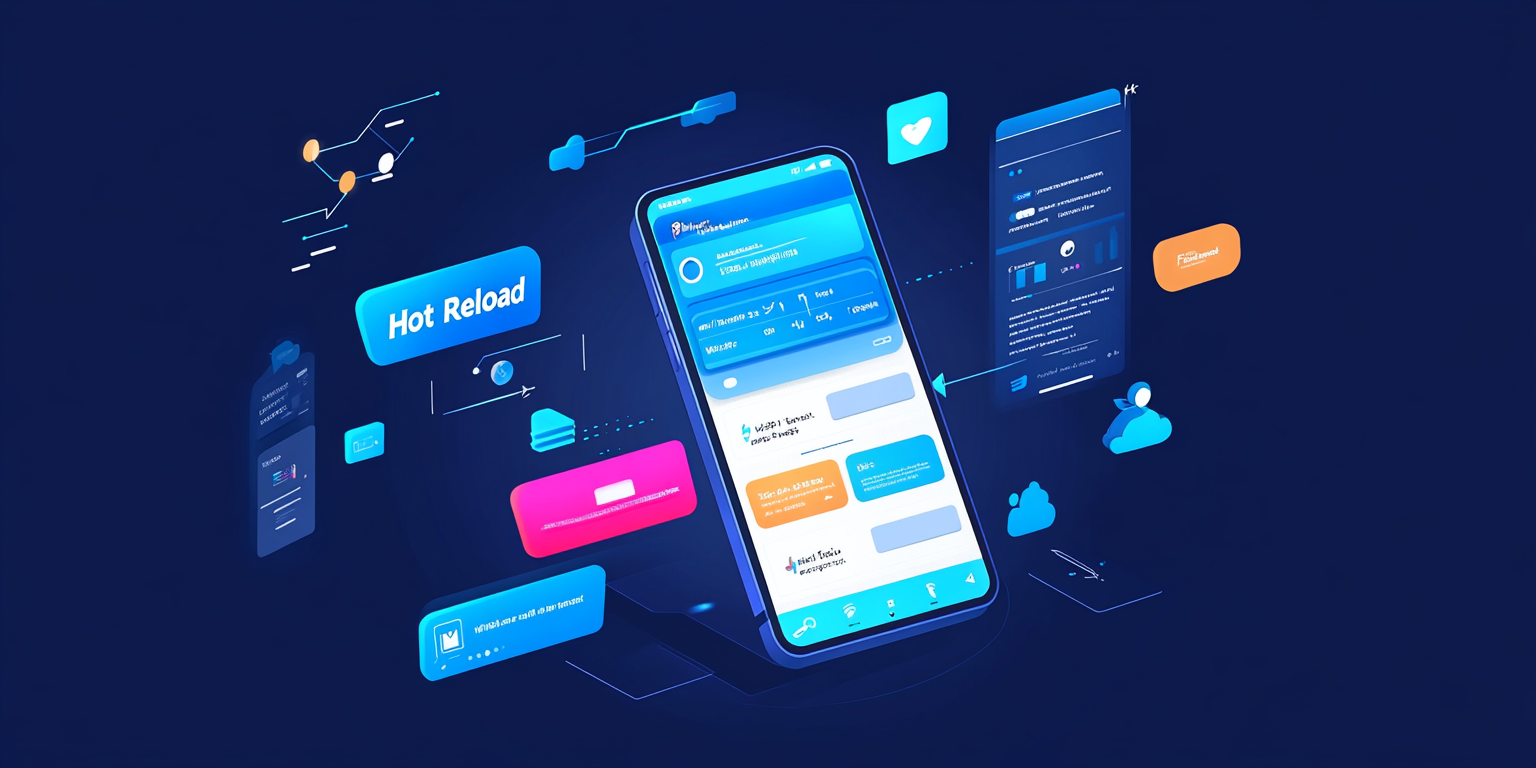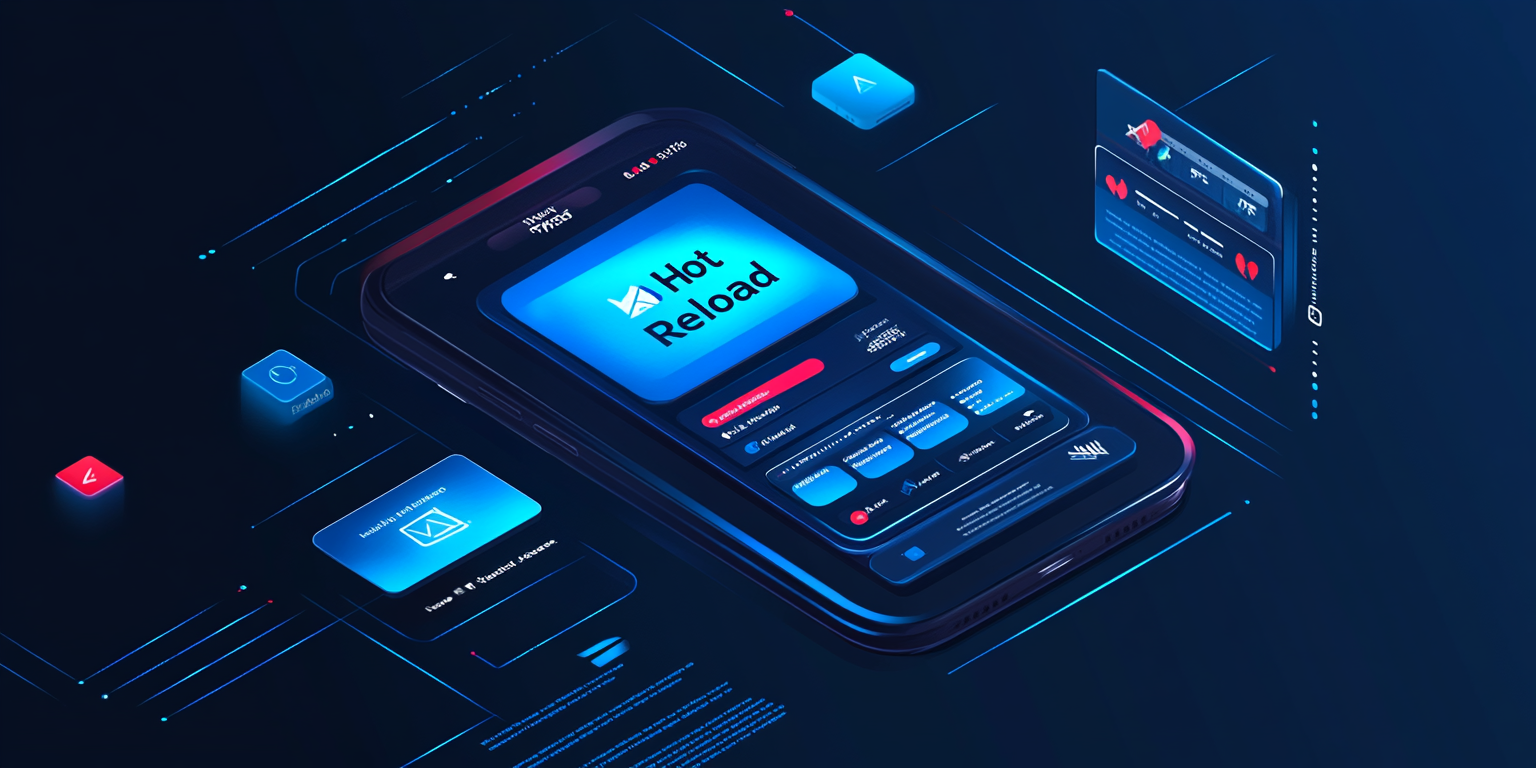Flutter is an open-source UI toolkit created by Google for building natively compiled applications for mobile, web, desktop, and embedded devices from a single codebase. Launched in 2018, Flutter has quickly gained popularity among developers for its efficiency, flexibility, and beautiful design capabilities.
What is Flutter?
At its core, Flutter is a software development kit (SDK) that enables developers to create visually appealing and highly functional apps with one codebase. The key component of Flutter is its rendering engine, which directly controls every pixel on the screen, bypassing the native UI components of the platform.
Key Features of Flutter:
- Single Codebase: Write once, run anywhere (iOS, Android, web, desktop).
- Dart Language: Uses Dart, a modern programming language optimized for fast development.
- Hot Reload: Instantly see the effects of changes without restarting the app.
- Rich Widgets: Offers pre-designed widgets for seamless UI creation, following Material Design and Cupertino aesthetics.

Why Flutter Stands Out
1. Cross-Platform Development
Flutter’s single codebase significantly reduces development time and cost. Developers can create apps for multiple platforms simultaneously without duplicating efforts.
2. Beautiful UI Design
Flutter allows developers to build visually stunning apps with its extensive library of customizable widgets and support for animations. This makes it ideal for brands that prioritize design and user experience.
3. Performance
Flutter apps are compiled into native machine code, resulting in high performance comparable to fully native apps. Unlike other frameworks that rely on bridges to interact with native components, Flutter’s direct rendering reduces latency and boosts efficiency.
4. Hot Reload
The hot reload feature speeds up the development process by instantly reflecting code changes in the running app. This makes testing and iteration much faster.
5. Strong Community and Ecosystem
Flutter boasts a growing community, extensive documentation, and a robust ecosystem of third-party plugins, making it easier for developers to find resources and support.
Comparison with Other Technologies
Flutter vs. React Native
- Performance: Flutter apps generally perform better as they don’t rely on a JavaScript bridge like React Native.
- UI Flexibility: Flutter provides more design freedom with its customizable widgets, while React Native depends on native UI components.
- Language: Flutter uses Dart, which is less widely adopted than React Native’s JavaScript.
Flutter vs. Native Development
- Development Speed: Flutter’s single codebase drastically reduces time compared to writing separate codebases for iOS and Android.
- Performance: While native apps might have a slight edge in extreme use cases, Flutter apps deliver near-native performance.
- Cost: Flutter is more cost-effective for cross-platform development, especially for startups and small teams.
Flutter vs. Xamarin
- Popularity: Flutter has a larger and faster-growing community compared to Xamarin.
- Performance: Flutter’s rendering engine ensures better performance than Xamarin, which depends on .NET and Mono frameworks.
- Ecosystem: While Xamarin benefits from Microsoft’s backing, Flutter’s Google support and modern approach make it more appealing.
Popular Apps Built with Flutter
Flutter’s capabilities have been embraced by many big names, including:
- Google Ads: Manage ad campaigns with a sleek and intuitive interface.
- Alibaba: E-commerce giant Alibaba uses Flutter for its Xianyu app.
- BMW: Offers a seamless in-app experience for car owners.
Why Choose Flutter?
Flutter is an excellent choice for developers and businesses looking to:
- Save time and resources with cross-platform development.
- Deliver beautiful, high-performance apps.
- Leverage Google’s backing for future updates and enhancements.

Conclusion
Flutter has revolutionized app development with its ability to create stunning, high-performance apps for multiple platforms using a single codebase. Whether you’re a startup aiming for fast deployment or an established company looking to enhance user experience, Flutter is a technology worth exploring.
With its strong community, extensive documentation, and continuous updates, Flutter is here to stay—and it’s shaping the future of app development.
